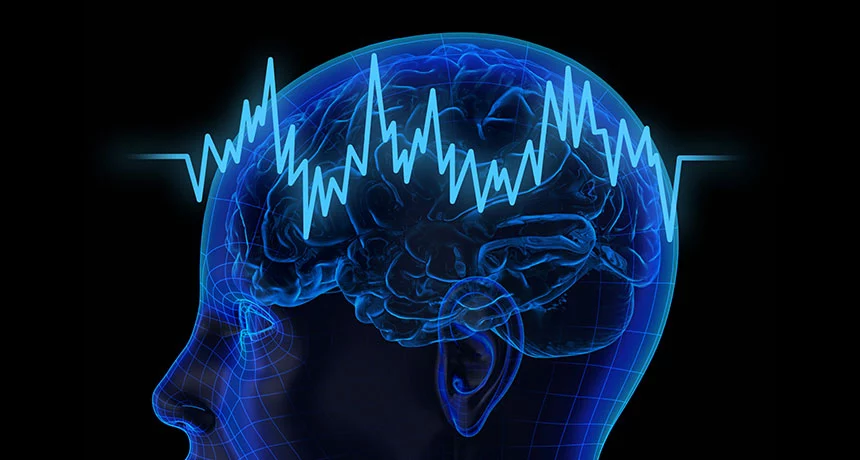Fresh data gathered by a team of scientists in Canada shows that in the 30 seconds before and after death, a man's brainwaves followed the same patterns as dreaming or recalling memories.
Brain activity of this sort could suggest that a final "recall of life" may occur in a person's last moments, the team has stated in their study, published in Frontiers in Aging Neuroscience on Tuesday.
According to a BBC report, the team of scientists set out to measure the brainwaves of an 87-year-old patient who had developed epilepsy. But during the neurological recording, he suffered a fatal heart attack – offering an unexpected recording of a dying brain. The study was, therefore, in a sense accidental.
Dr Ajmal Zemmar, a co-author of the study told the BBC: "This was actually totally by chance, we did not plan to do this experiment or record these signals."
So will we get a glimpse back at time with loved ones and other happy memories? Dr Zemmar said it was impossible to tell.
"If I were to jump to the philosophical realm, I would speculate that if the brain did a flashback, it would probably like to remind you of good things, rather than the bad things," he said.
"But what's memorable would be different for every person."
Dr Zemmar, now a neurosurgeon at the University of Louisville, said in the 30 seconds before the patient's heart stopped supplying blood to the brain, his brainwaves followed the same patterns as when we carry out high-cognitive demanding tasks, like concentrating, dreaming or recalling memories.
Also read: Delhi hospital removes 3 live human botflies from an American woman




















